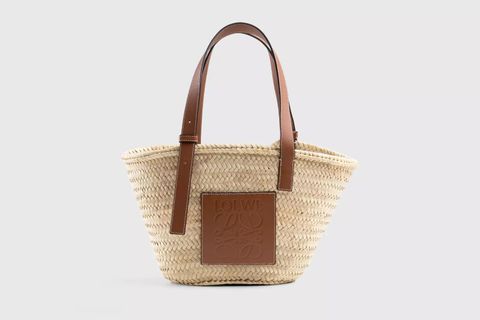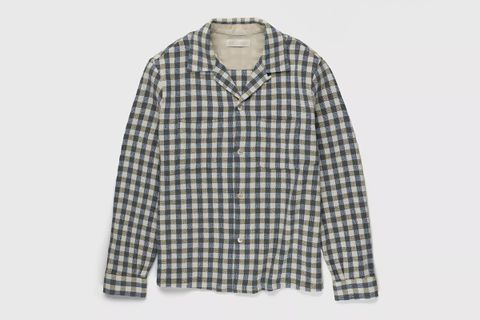For Gen Z, Buying Fake Fashion Is No Longer a Faux Pas
According to a new study conducted by the European Union Intellectual Property Office (EUIPO), more young people are intentionally copping counterfeit products.
First reported on by The Fashion Law, the study surveyed approximately 22,000 15 to 24-year-olds living in the European Union. 52 percent of respondents said they purchased at least one fake item online in the last 12 months, and 37 of them admitted to buying the counterfeit on purpose.
These figures are markedly higher than the results of a similar survey from 2019. Three years ago, the EUIPO reported that just 14 percent of teenage and young adult shoppers had intentionally purchased at least one fake item over the course of 12 months.
Circling back to the present — the highest proportion of respondents (17 percent) purchased knockoff clothing and accessories, followed by footwear (14 percent), electronics (13 percent), and beauty products such as makeup and fragrance (12 percent).
Unsurprisingly, cost is what motivated 48 percent of respondents to buy fake. Before you roll your eyes, consider the fact that spending $2,000 on a designer handbag is a tall ask for most high school students and recent college grads. With inflation, the rising cost of living, and mounting pressure to project a certain image online and IRL, it's no wonder young people are buying counterfeits.
Interestingly, 27 percent of respondents said they simply don't care if a product is fake. The prospect of getting called out for wearing back-alley Balenciaga might strike some as the ultimate embarrassment, but clearly, Gen Z marches to the beat of its own drum. (Just look at all the shameless DHgate and Aliexpress hauls on TikTok.)
Also noteworthy: 24 percent of respondents believe there is no difference between genuine and counterfeit goods.
While luxury labels would like to have everyone believe their products are carefully handcrafted using the finest materials, the truth is that many designer wares are incredibly cheap to produce. Clearly, customers are no longer seduced by shiny name-brand labels — to avoid getting duped by sky-high mark-ups, they're turning to actual dupes.
Lastly, 18 percent of respondents cited the ease of finding and ordering fake products online as motivation for buying counterfeits. With entire subreddits dedicated to the discussion of purchasing and manufacturing designer replicas, it's easier than ever to find convincing replicas.
Akin to TikTokers' brazen promotion of SHEIN and DHgate, young people are unfazed by fakes. Once a faux pas, buying knockoffs isn't as shameful as it was, say, a decade ago. So the next time you ask your cool younger cousin where he got his sneakers, you might just hear, "thanks, they're fake!"


